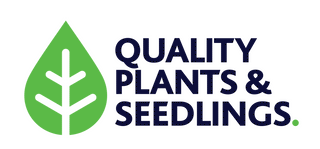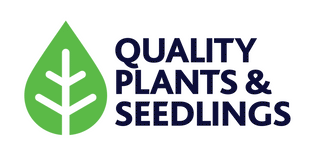The vegetable farming landscape in Werribee is influenced by significant challenges that not only hinder expansion but also threaten the sustainability of its agricultural operations over the long term.
Werribee South: Formerly Australia's Food Bowl
Once known as the "Food Bowl of Australia," Werribee South's rich, fertile soils and favourable climate have made it a major agricultural area. It has been instrumental in producing a diverse array of vegetables and fruits, serving both local and national markets, and reinforcing its vital role in Australia's food supply chain.
Land Availability Constraints
A major barrier for expansion in Werribee is the limited availability of agricultural land. With Melbourne’s urban sprawl extending outward, residential demand has surged, inflating land prices and making it economically challenging for farmers to expand their operations. This competition has often resulted in agricultural lands being converted to residential and commercial uses.
High Salinity in Irrigation Water
Another critical issue is the high salinity levels in the recycled irrigation water, essential in this water-scarce region. The salinity compromises soil health and crop productivity, imposing additional costs and complexities in soil management. To avoid these issues, some farms have resorted to using more expensive town water, further straining their financial resources.
The Impact of Green Wedge Zoning
The Green Wedge policy, intended to protect agricultural lands from urban development, paradoxically restricts farmers from selling their lands for more lucrative non-agricultural purposes. This has created a situation where farmers are unable to leverage the real estate value of their land as a potential exit strategy, effectively locking them into farming regardless of the profitability.
Road Maintenance and Safety Issues
The poor condition of roads around Werribee, exacerbated by heavy agricultural machinery and adverse weather, poses significant risks and inefficiencies. The roads require urgent upgrades to prevent potential accidents and ensure efficient transport of agricultural products.
Economic Pressures Leading to Farm Closures
Economic challenges, driven by low price offers from large supermarkets and agents, have forced numerous farmers to cease operations, leading to a reduction in Victoria's food production capacity. This trend highlights the unsustainable economic model currently burdening the farmers.
Rising Costs and Labour Shortages
Increasing costs for seeds, fertilisers, and fuel, along with higher haulage fees, have compounded financial pressures. A chronic labour shortage also hampers the ability of farms to operate efficiently, exacerbating the difficulties in maintaining profitability.
Intergenerational Shifts in Farming
Many family-owned farms are witnessing a generational shift, with the current generation discouraging their children from pursuing farming due to its dwindling viability and associated debts. This trend is reducing the influx of young people into farming, further challenging the sector’s sustainability.
Long-Term Issues and the Impact of Recent Events
These persistent challenges have been aggravated in recent years, notably by the COVID-19 pandemic, severely affecting Victoria and exacerbating existing issues.
Conclusion
The escalating challenges facing Werribee's vegetable farmers sadly suggest that it may already be too late to reverse these trends. The landscape of Victorian farming is undergoing a severe transformation, and whether these changes are for the better remains to be seen. At this stage, the outlook is decidedly bleak, with little to suggest a positive turn. The resilience of the farming community, largely sustained by inherited infrastructure and land, is under severe strain. The potential loss of these farms would not only mark the end of a long tradition of family farming in Werribee but would also significantly impact the agricultural output and food security of Victoria, and potentially, of Australia as a whole. The urgent need for supportive policies and sustainable practices to attempt to preserve these essential agricultural resources for future generations is more pressing than ever, but the challenges are formidable and the future uncertain.




